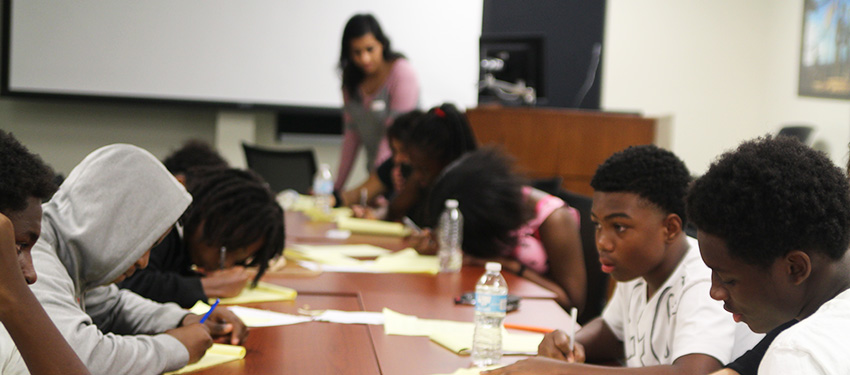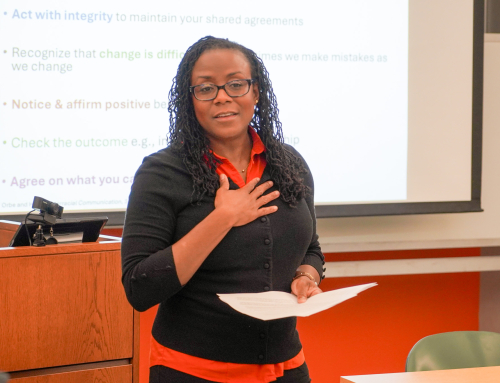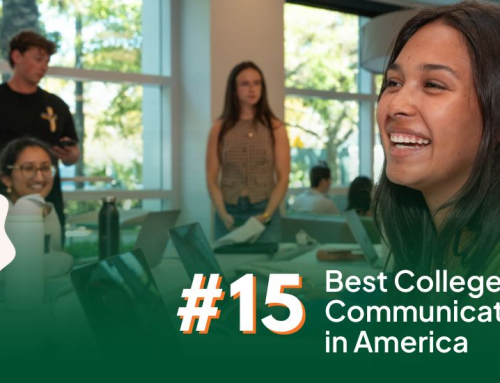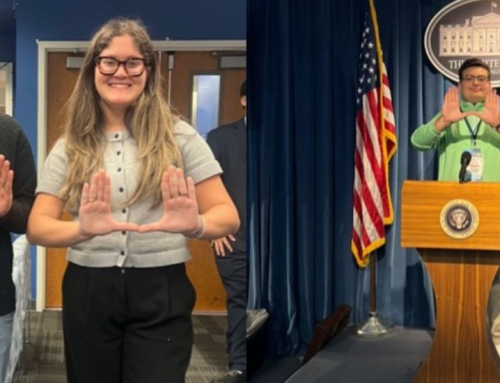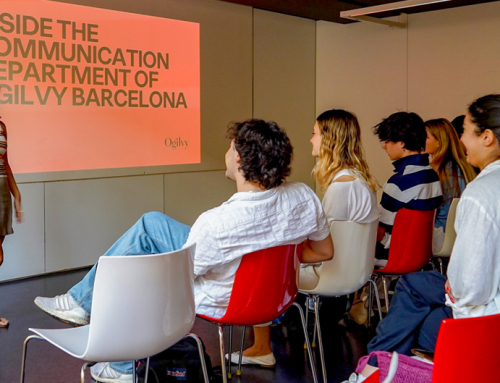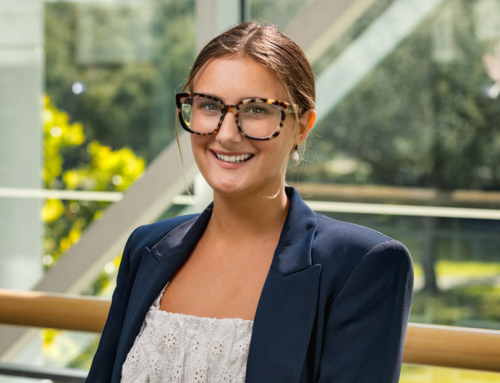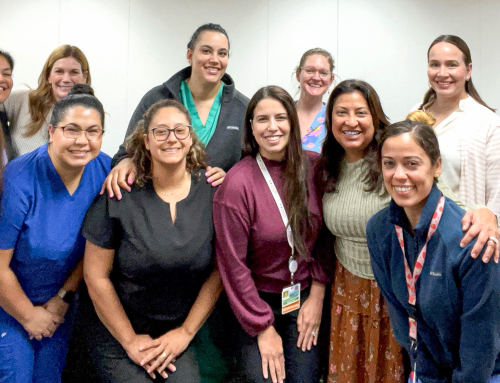The University of Miami Debate Team is working with the newly formed Miami-Dade Urban Debate League to teach the art of debate to students from almost 20 local high schools and middle schools.
The National Association of Urban Debate Leagues (NAUDL) is a national organization that works to close the achievement gap in urban public schools by giving students the opportunity to compete in academic debate. UDL has chapters in 22 cities across the United States. Just last year, Miami was the largest city in the U.S. without a chapter, but this past August NAUDL along with the University of Miami Debate Team worked to change that.
David L. Steinberg, director of UM’s Debate Team and a member of the Board of Directors for the Miami Dade UDL, has helped to organize, instruct, and host the league’s first five debate workshops. The workshops took place throughout the month of October at University of Miami School of Communication.
Early Halloween morning, students from all over Miami-Dade County arrived to the School of Communication to begin the final introductory workshop. Ted Appel, a freshman and first year member of UM’s debate team, worked with high school students to help them understand the order of policy debate and the importance of researching your topic to better impress the judges.
According to the National Association of Urban Debate Leagues, after just one semester, students involved in debate show a major improvement in their grades. High-risk students who are also debaters have a 72 percent high school graduation rate, which is a significantly greater than the 43 percent graduation rate of high-risk non-debaters. Debate also improves a student’s college attendance rate by almost 89 percent. Overall, the Miami Dade Urban Debate League, with the help of Miami-Dade Public Schools, private funding, and the University of Miami, is on its way to bettering the future of some of Miami’s brightest students with the most untapped potential.
Thainia Tinopcin, a student from North Miami Beach Senior High School, enjoyed her first introduction to debate and is looking forward to competing in the interleague competition on November 14.
“I liked being here. I love how debate is so interactive. I had so much fun today, and learned more than I thought I would,” said Tinopcin.
Winston Elliton, a student from Homestead Senior High School, agreed with Tinopcin and added “I learned way more than I thought I could in the time span of a school day and a little bit more. I am really liking this.”
The students will compete in an interleague policy debate competition on November 14 at the University of Miami Coral Gables campus. Policy debate is a two-on-two style debate that focuses on a policy question for the duration of the academic year. The 2015 policy question discusses whether the United States federal government should substantially curtail its domestic surveillance.
This past fall alone, UM’s debate team has won six awards while competing in policy debate and one tournament championship at the University of Central Florida. The debate team specializes in both policy debate and British Parliamentary debate. Students competing in policy debate receive their topic at the beginning of the academic year, and immerse themselves in every aspect of that year’s topic. Whereas policy debaters are given an entire year to research their topic, British parliamentary debaters are given their topics 15 minutes before the debate, and are expected to use their knowledge of the world around them to convince the judges to side with them. UM’s BP team has also competed well this fall, capturing the Spanish language debating championship at the University of North Georgia
According to Steinberg, policy debate is the best thing for the Urban Debate League students to learn because it is so demanding and so exciting. Policy debate forces students to develop research, analytical, and delivery skills, which eventually leads to the overwhelmingly positive effects of debate on students’ academic performances.
“Policy debate uniquely benefits the students. It’s the hardest kind of debate for newcomers, the most reading-intensive. It challenges students on the things they need to be challenged about. Why do debate light when you can fully immerse yourself in debate?,” says Steinberg
At the end of the day, the students sat, enjoyed pizza and snacks, and discussed their plans for Halloween night. When lunch was over, Nalisa Saati, the program director for the Miami-Dade UDL and a former UM Debate team member and high school debater from Miami-Dade, asked the students if anyone was planning on attending the first competition. Her question was met with an overwhelming wave of raising hands and excited smiles.
“This is the beginning of a transformation for public education in Miami-Dade County. Education is the foundation of social and economic growth and this is the perfect cause for corporate responsibility and community involvement because it invests in our society’s youth and future,” says Saati.
To learn more about the University of Miami Debate team, please visit http://debate.miami.edu/. If you are interested in learning more about the Urban Debate League, please visit http://urbandebate.org or to make a direct donation to the Miami Dade Urban Debate League click here. Be sure to designate your donation for the Miami league under comments.

